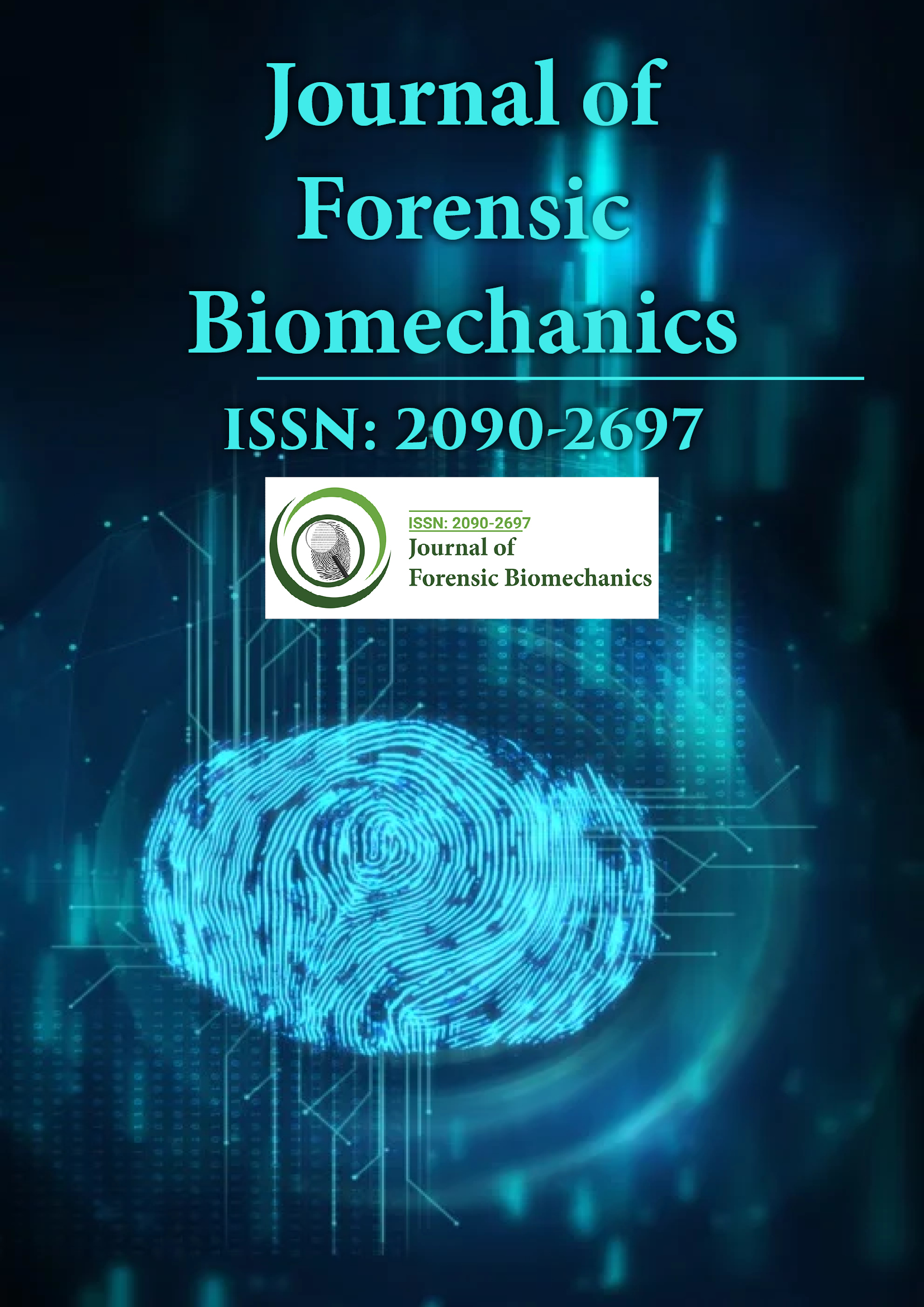Indexado em
- Genamics JournalSeek
- SafetyLit
- Diretório de Periódicos de Ulrich
- RefSeek
- Universidade de Hamdard
- EBSCO AZ
- Fundação de Genebra para Educação e Pesquisa Médica
- Euro Pub
- Google Scholar
Links Úteis
Compartilhe esta página
Folheto de jornal

Periódicos de Acesso Aberto
- Agro e Aquicultura
- Alimentos e Nutrição
- Bioinformática e Biologia de Sistemas
- Bioquímica
- Ciência de materiais
- Ciencias ambientais
- Ciências Clínicas
- Ciências Farmacêuticas
- Ciências gerais
- Ciências Médicas
- Cuidados de enfermagem e saúde
- Engenharia
- Genética e Biologia Molecular
- Gestão de negócios
- Imunologia e Microbiologia
- Neurociência e Psicologia
- Química
Abstrato
Quando utilizar medicamentos obrigatórios não urgentes no ambiente correcional - Sara Wood - Centro de Ciências da Saúde da Universidade do Texas
Sara Wood e Sanjay Adhia
Os doentes tratados em ambientes correcionais, incluindo os que se encontram em hospitais psiquiátricos correcionais, têm o direito de recusar a medicação, a menos que certas condições sejam cumpridas. Os profissionais responsáveis pelo tratamento necessitam de estar cientes das condições que devem estar presentes antes do uso obrigatório da medicação. Estas especificidades foram delineadas em vários casos marcantes do Supremo Tribunal, incluindo Washington vs. Harper (1990), Riggins vs. Existe agora um processo padrão a ser seguido para garantir os direitos do doente, bem como para orientar o uso obrigatório de medicamentos quando apropriado. Esta revisão dos requisitos para a utilização de medicamentos obrigatórios não urgentes e a sua aplicação aos casos de doentes apoia a tomada de decisões clínicas para os prestadores de serviços em ambientes correcionais forenses. Este poster/ou apresentação analisará os casos individuais ouvidos pelo Supremo Tribunal e os resultados, com ênfase nos requisitos para o uso de medicamentos obrigatórios não de emergência. Para os prestadores que trabalham em ambientes correcionais, a decisão sobre se a medicação obrigatória é ou não apropriada, particularmente numa situação não urgente, requer uma revisão cuidadosa da condição do doente e das diretrizes atuais antes de prosseguir. Os autores apresentarão vários casos de doentes do meio forense em que trabalham, em que foram utilizados medicamentos de uso obrigatório não urgente e como foram cumpridas as condições de utilização.